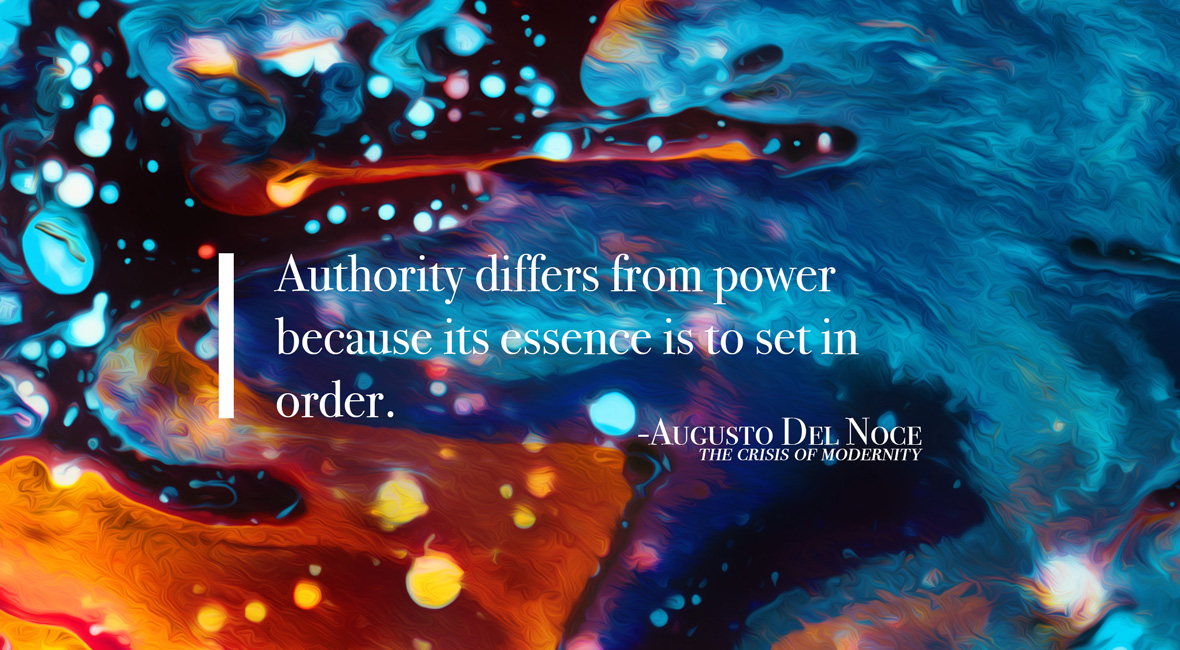There is so much to discuss in Carl Trueman’s latest book, The Rise and Triumph of the Modern Self, that it is hard to know exactly where to begin. I have attempted a proper book review, but the flood of information is worth parsing through slowly. One of the most important concepts of the book is the idea of expressive individualism, a phrase taken from the great philosopher Charles Taylor. Expressive individualism is the idea “that each of us finds our meaning by giving expression to our own feelings and desires.” (46) I can only be an authentic person, and therefore truly flourish as a human being, if I am free to outwardly express what is inside of me, especially my feelings and desires. Jean-Jacques Rousseau laid the philosophical groundwork of expressive individualism when he identified the fundamental corrupting influence as society itself, and not, as Augustine and the Church had taught for centuries, the sin and wickedness at the heart of the individual. In other words, I am inherently good, but society has corrupted me, especially by suppressing and repressing the expression of what I feel inside of me with it’s oppressive rules and standards. Trueman summarized Rousseau’s thought this way: “The individual is most authentic when acting out in public those desires and feelings that characterize the inner psychological life.” (125)
Expressive individualism is the idea that each of us finds our meaning by giving expression to our own feelings and desires.
According to Rousseau, authenticity is the highest good that any individual can pursue, because it is the only way to guarantee happiness. I will never be happy unless I can freely express myself. Charles Taylor describes this way of thinking like this: “…Each of us has his/her own way of realizing our humanity, and…it is important to find and live out one’s own, as against surrendering to conformity with a model imposed on us from outside, by society, or the previous generation, or religious or political authority.” (46, quoted from Taylor, A Secular Age, 475) I have to be myself! I have to get what’s inside of me out into the world! I can’t be me and live by society’s rules at the same time! External authorities and institutions, especially religious ones, are, by their nature, oppressive to the individual and repressive of his or her expression of their true selves. They are, in a sense, enslavers of the will. To quote Charles Taylor again, “self-determining freedom ‘is the idea that I’m free when I determine the conditions of my own existence.'” (Quoted by O. Carter Snead, What It Means to be Human, p. 81-82) A longer quote from Snead is called for:
-O. Carter Snead, What It Means to be Human, p. 87
I must be free to express myself, or I cannot be authentic. I will live a lie. And if I live a lie it is impossible for me to flourish or ever be truly happy. Social institutions, and especially the Church, force me to repress my inner feelings and desires, and therefore push me into living a lie. The end result is that these institutions make it impossible for me to flourish as a human being. They are, in my lived experience, erasing my existence through their moral oppression of my inner, psychological reality — my truest self.

